Google AI Unveils 601 Real-World Generative AI Use Cases Across Industries
Google Cloud has just released an extraordinary compendium of 601 real-world generative AI (GenAI) use cases from some of the world’s top organizations — a major leap from the 101 use cases it shared just a year ago at Google Cloud Next 2024. This sixfold expansion showcases the explosive pace at which GenAI technologies are […] The post Google AI Unveils 601 Real-World Generative AI Use Cases Across Industries appeared first on MarkTechPost.

Google Cloud has just released an extraordinary compendium of 601 real-world generative AI (GenAI) use cases from some of the world’s top organizations — a major leap from the 101 use cases it shared just a year ago at Google Cloud Next 2024. This sixfold expansion showcases the explosive pace at which GenAI technologies are moving from prototypes to production, powering transformations across virtually every sector.
Announced during Google Cloud Next 2025, the comprehensive list covers companies ranging from Uber, Samsung, and Citi to Mercedes-Benz, Deutsche Bank, and Alaska Airlines. The breadth of applications highlights GenAI’s growing importance as an operational, creative, and strategic lever across automotive, finance, healthcare, manufacturing, media, retail, and public sector industries.
The Structure: Agents, Industries, and Applications
Google structured the showcase across 11 major industry groups and six AI agent types:
- Customer Agents: Enhance user experiences via chatbots, predictive services, and personalization
- Employee Agents: Boost internal productivity through content generation, summarization, and knowledge discovery
- Creative Agents: Accelerate campaign design, media production, and product innovation
- Code Agents: Streamline software engineering and IT workflows
- Data Agents: Leverage data for analysis, optimization, and decision support
- Security Agents: Fortify organizations with AI-driven threat detection and fraud prevention.
This agent-based taxonomy makes it clear: AI is no longer a separate tool — it’s becoming embedded into the organizational fabric.
Industry Snapshots: Real-World Impact
Automotive & Logistics
The automotive industry is rapidly adopting conversational and predictive AI. Volkswagen of America built a multimodal virtual assistant inside the myVW app using Google’s Gemini models, letting users point their phones at dashboard indicators for instant explanations. Mercedes-Benz launched an automotive AI agent offering natural language navigation and e-commerce sales capabilities directly within its vehicles.
Even logistics giants are innovating: UPS is constructing a digital twin of its global package network for real-time package tracking and optimization.
Financial Services
Banks and fintech companies are particularly aggressive in AI adoption. Citi is using Vertex AI to empower developer toolkits and document digitization. Deutsche Bank’s “DB Lumina” research tool, powered by Gemini, slashes research report creation times from hours to minutes.
Meanwhile, Discover Financial Services deployed AI assistants that aid both customers and contact center representatives, significantly improving service efficiency.
Healthcare & Life Sciences
In healthcare, the impact of AI extends from diagnostics to operational efficiency. Freenome is building early-detection cancer tests combining AI and blood samples. Mayo Clinic unlocked 50 petabytes of clinical data with Vertex AI Search, accelerating research access.
Apollo Hospitals in India scaled tuberculosis and breast cancer screening to 3 million people by applying AI to radiology workflows.
Manufacturing & Electronics
Manufacturers like Samsung are embedding Google’s Gemini AI directly into their devices — the Galaxy S24 now offers AI-driven text summarization and image editing features. Trimble and Honeywell have incorporated Gemini for Workspace to enhance engineering productivity and document automation.
Media, Retail, and Hospitality
AI is dramatically altering customer engagement. Papa John’s, Wendy’s, and Uber are using AI-powered predictive ordering systems. Radisson Hotel Group reported a 50% gain in marketing productivity and over 20% revenue lift by personalizing ads with Vertex AI.
Even creative industries are leveraging AI: Adobe has integrated Imagen 3 and Veo 2 into Adobe Express, dramatically accelerating campaign creation.
Technology Highlights: Google’s Evolving Stack
Many of these applications were made possible through core Google Cloud AI technologies, notably:
- Vertex AI: Model training, deployment, RAG (retrieval-augmented generation) pipelines
- Gemini Models: Multimodal LLMs powering text, code, vision, and conversational capabilities
- Imagen & Veo: High-fidelity generative image and video models
- BigQuery ML: Data warehousing with embedded machine learning
- Security AI: AI-first threat detection with Google SecOps.
An emerging trend is the heavy use of enterprise-tuned AI agents, such as Gemini Code Assist for developer productivity or Gemini in Security for threat intelligence.
Emerging Patterns Across Use Cases
Several clear trends emerge from Google’s compilation:
- Generative AI is moving from experiments to mission-critical systems: Whether automating underwriting in finance, driving drug discovery, or powering multimodal search in automotive apps, GenAI is now operational at scale.
- Hybrid Multimodal Models are increasingly vital: Many solutions integrate text, vision, and structured data — not just plain language models.
- Verticalized AI Agents are accelerating: Google’s partners aren’t just fine-tuning LLMs — they’re building domain-specific, industry-tuned AI agents tightly integrated into their workflows.
- Democratization of AI: Solutions like Vertex AI’s search and data agents are putting sophisticated AI tools into the hands of business users, scientists, and even drivers — not just engineers.
Final Thoughts
The 601 use cases shared by Google paint an exhilarating picture: AI transformation is no longer theoretical — it is happening today, at massive scale, in nearly every sector.
Google’s strategy of aligning its AI offerings with real-world operational needs — from customer engagement and logistics to employee productivity and cybersecurity — is accelerating this adoption curve.
As Google’s President of Global Revenue, Matt Renner, said in the announcement, “This is just scratching the surface of what’s becoming possible with AI across the enterprise”.
If these use cases are any indication, the next year promises even more staggering innovation.
Check out the Report. Also, don’t forget to follow us on Twitter and join our Telegram Channel and LinkedIn Group. Don’t Forget to join our 90k+ ML SubReddit.






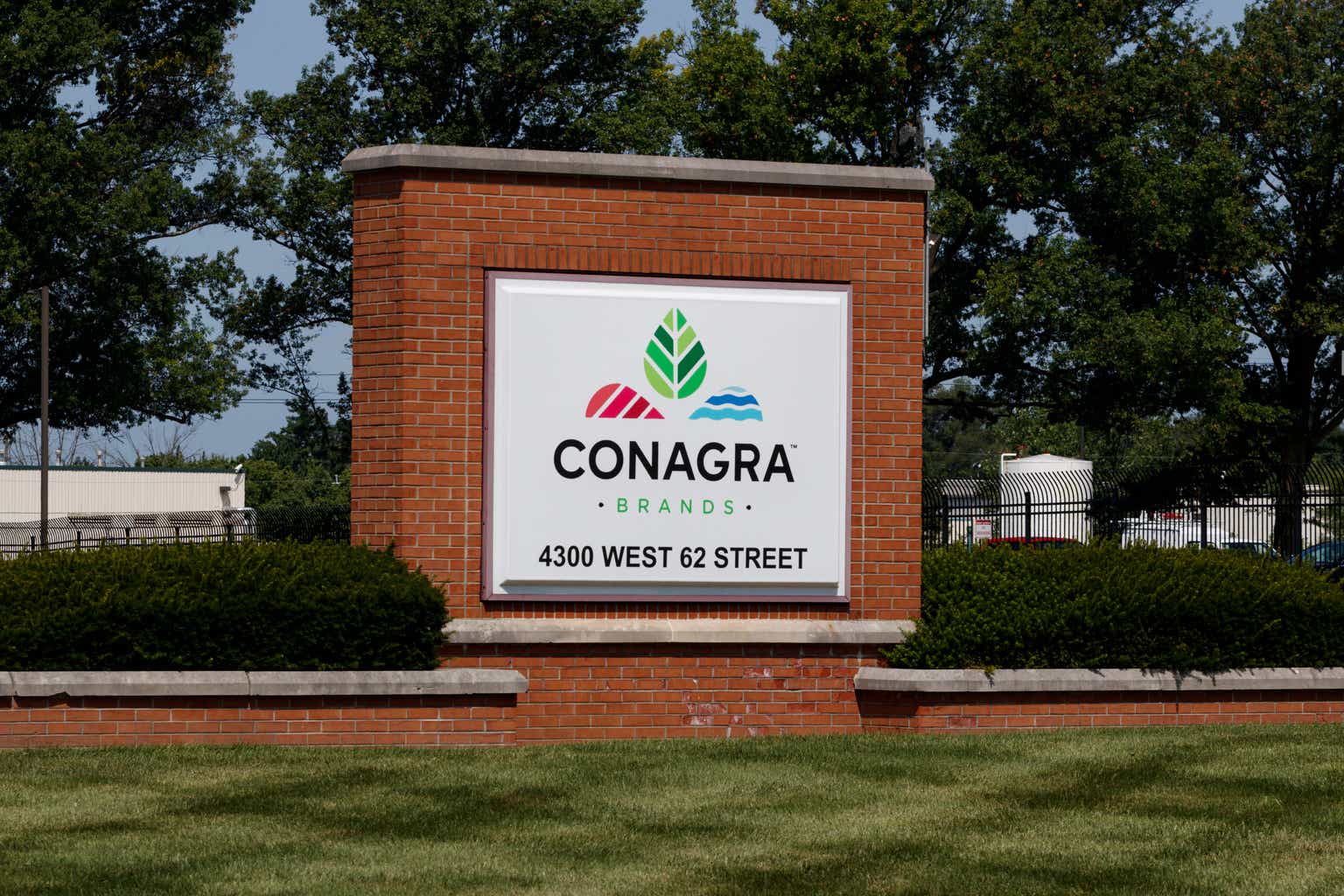


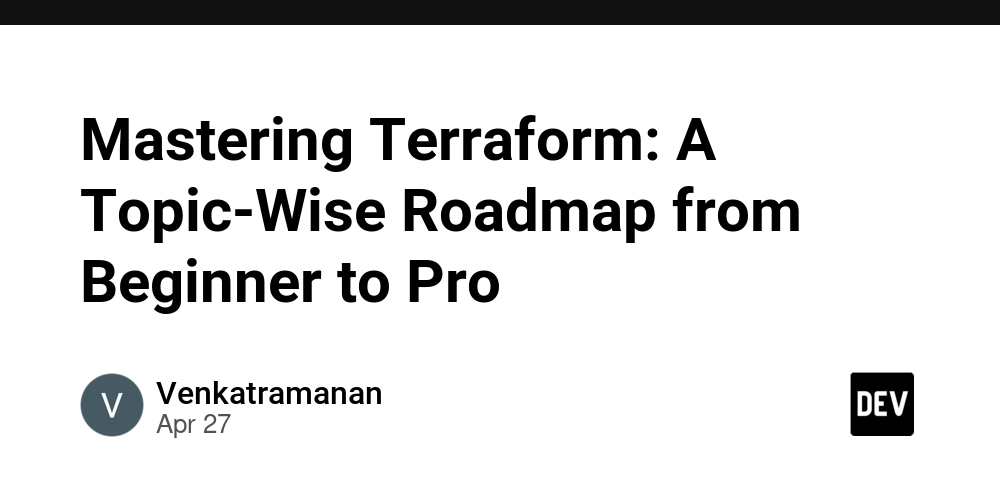
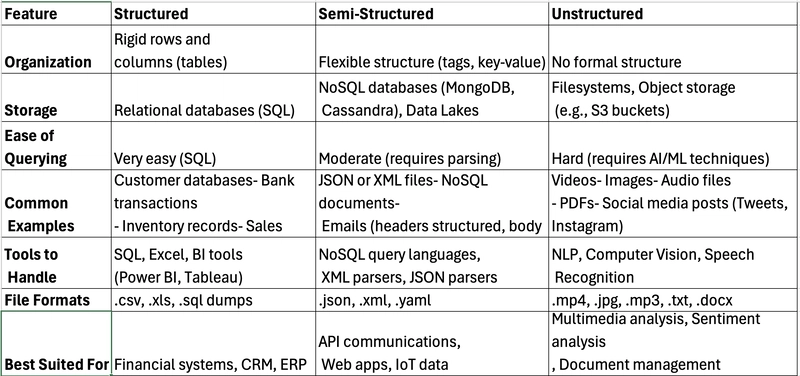
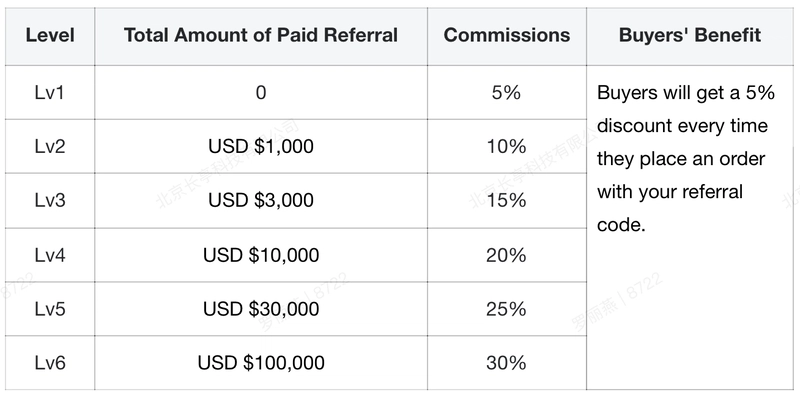











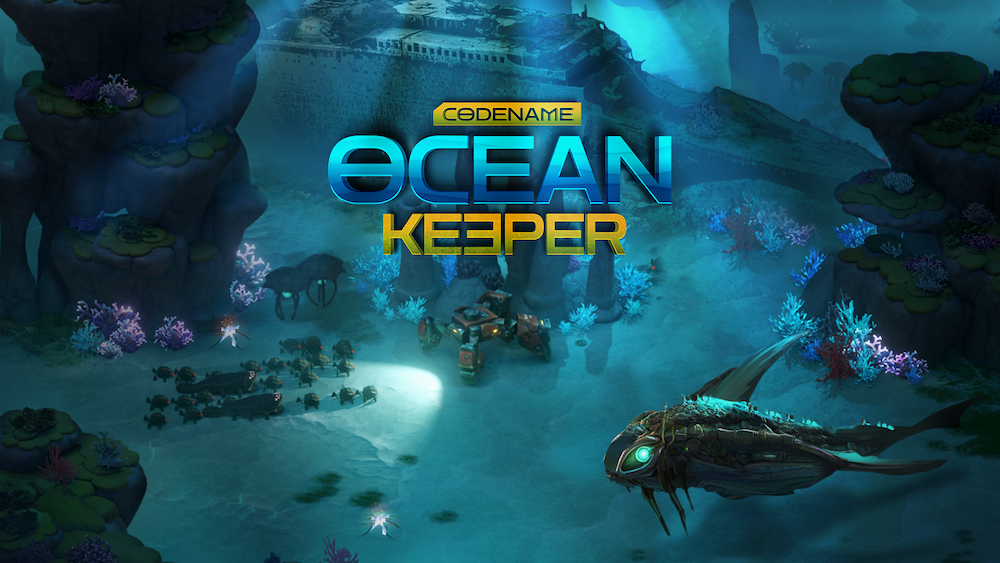









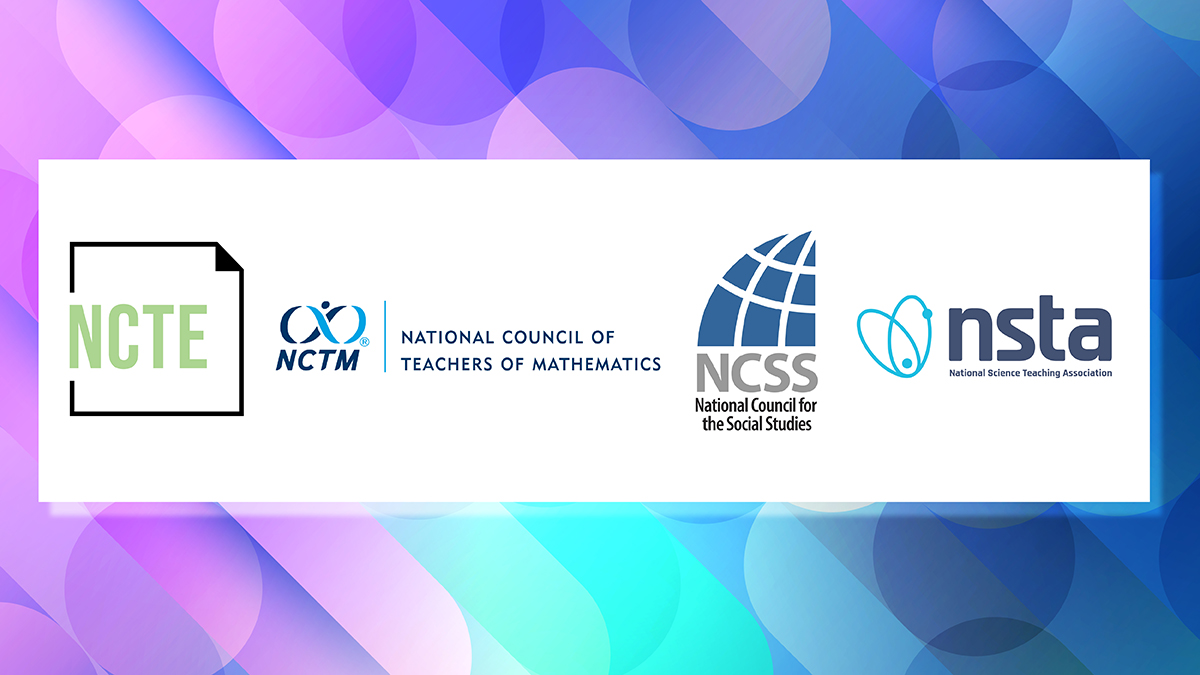
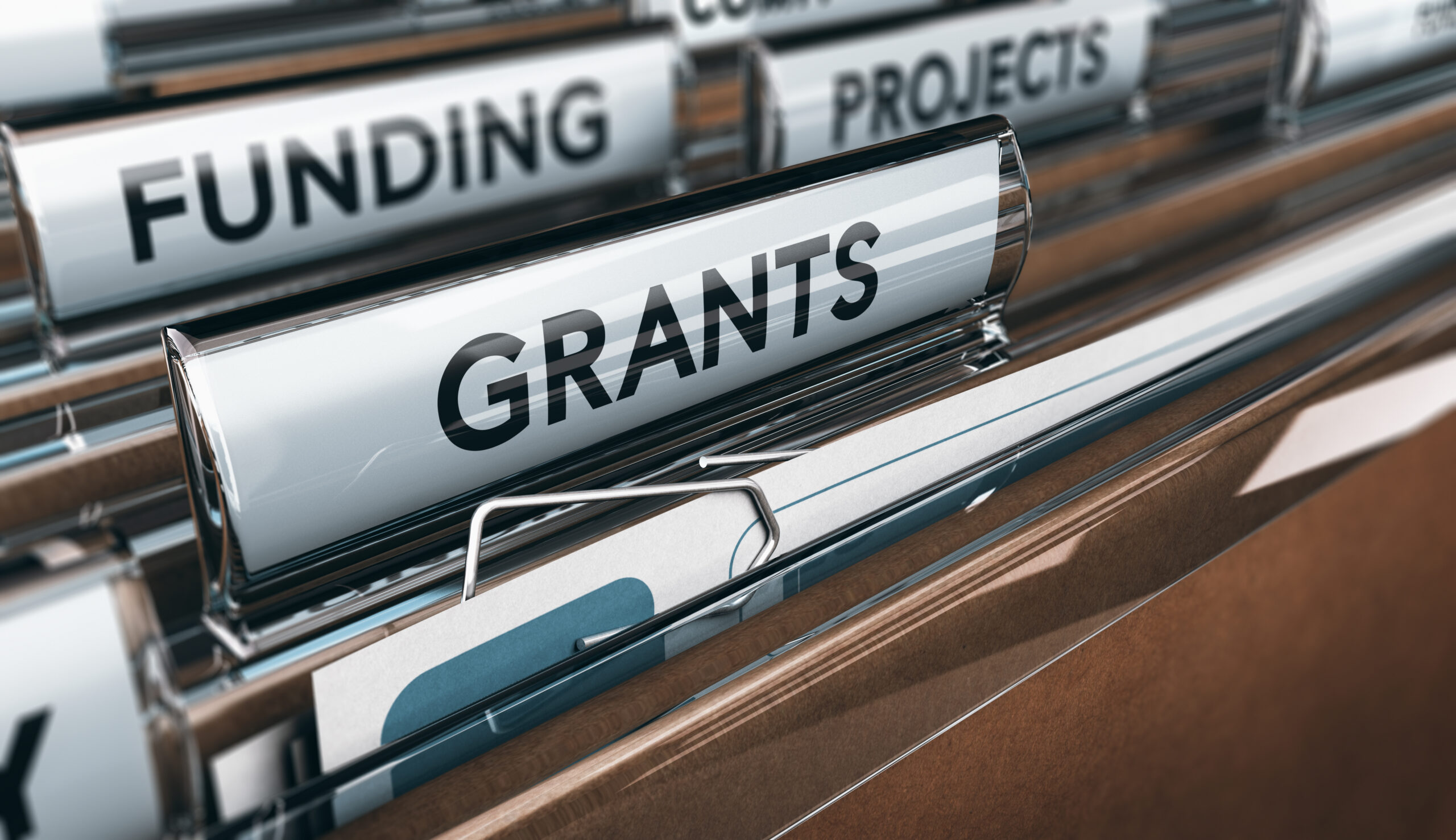









![Flash Sale: Buy IHG Points with 80% Bonus Points [0.56¢ or ₹0.47/Point]](https://boardingarea.com/wp-content/uploads/2025/04/05da39b5f488f7dd0ed5a2f2d34bd5c5.jpg?#)
![Last Call: Buy Flying Blue Miles with a 45% Discount [1.68¢ or ₹1.44/Mile]](https://boardingarea.com/wp-content/uploads/2025/04/6d62aeaa045062f1f9f5b249cbf35bf4.jpg?#)
























